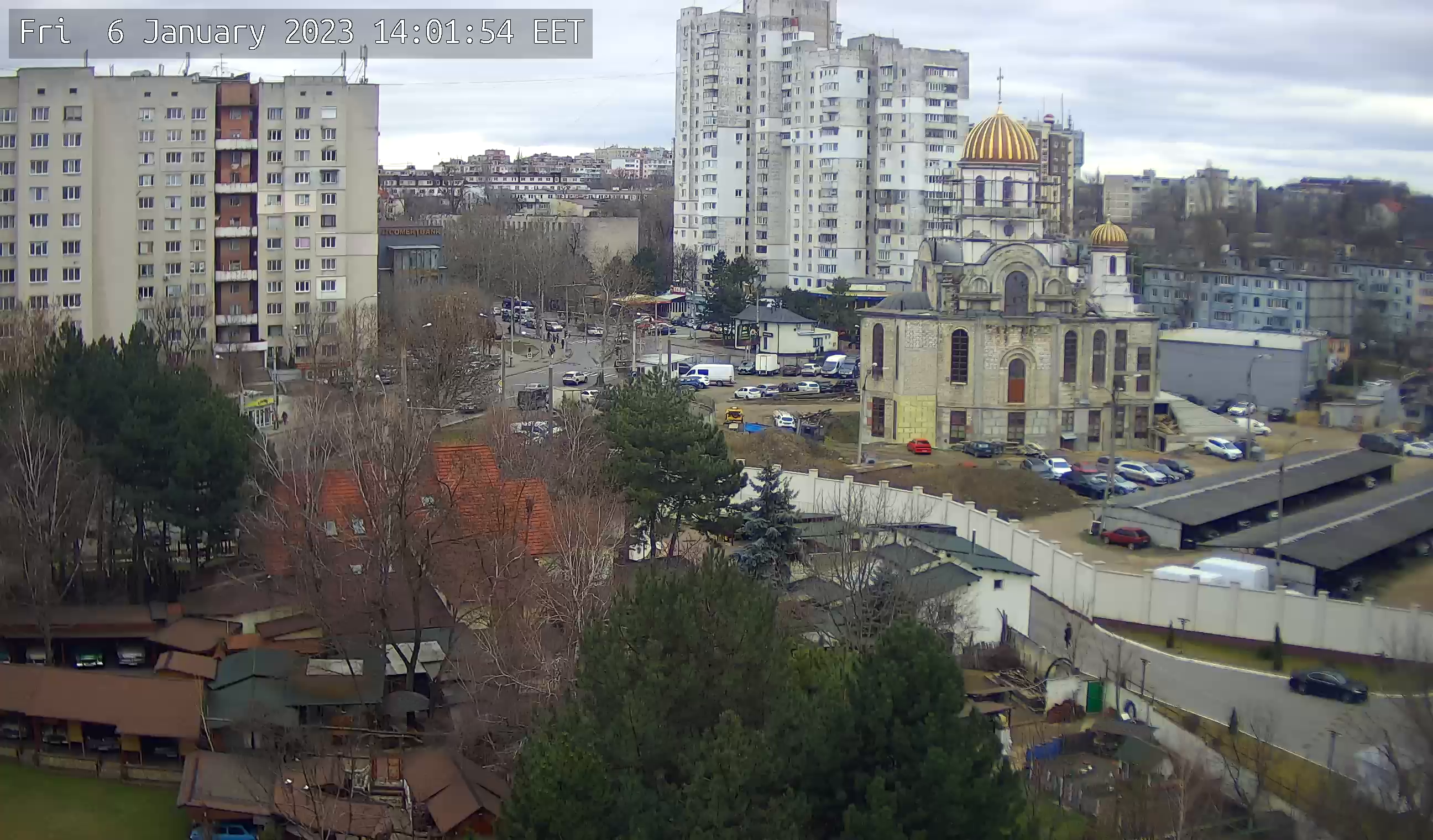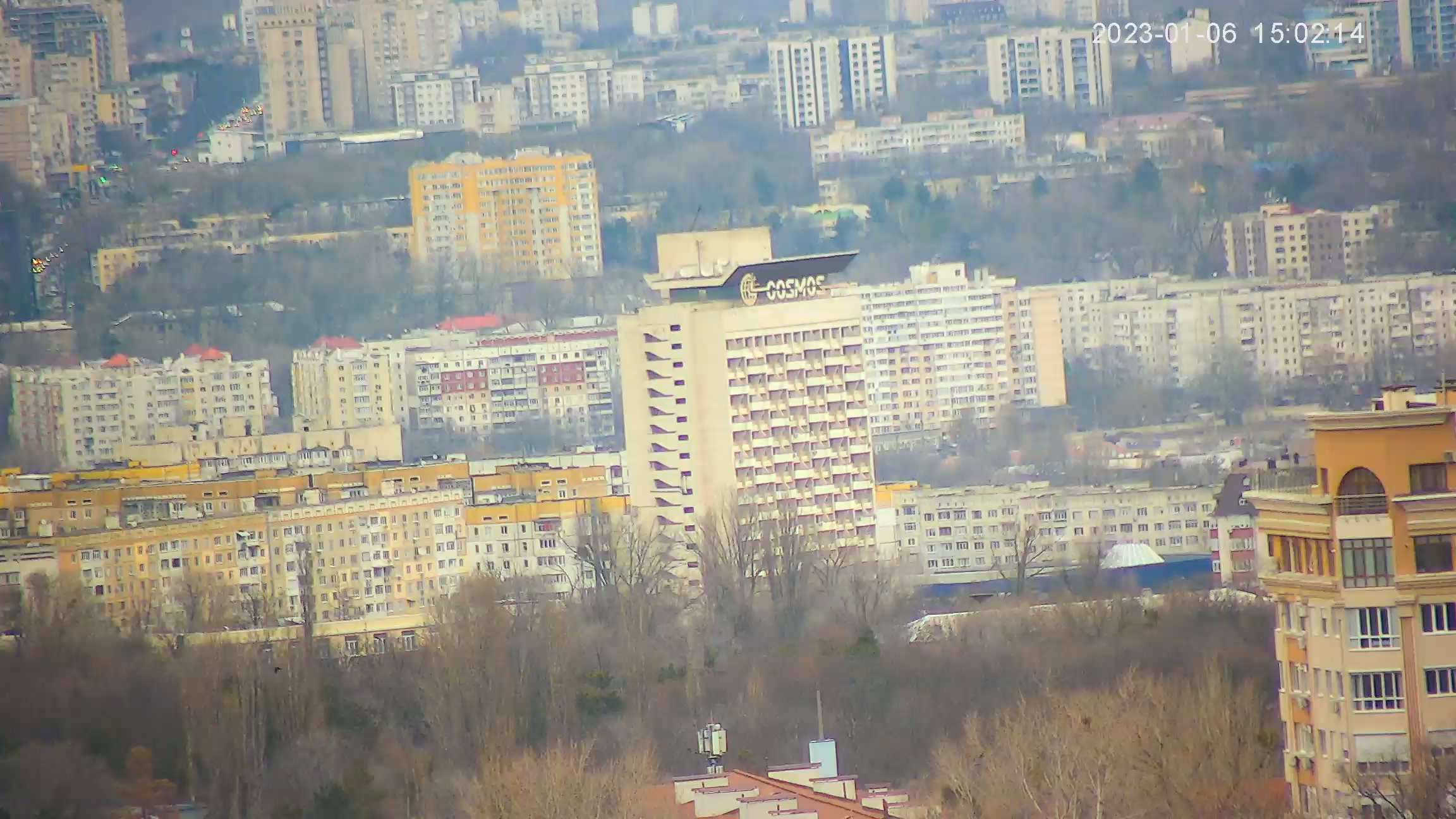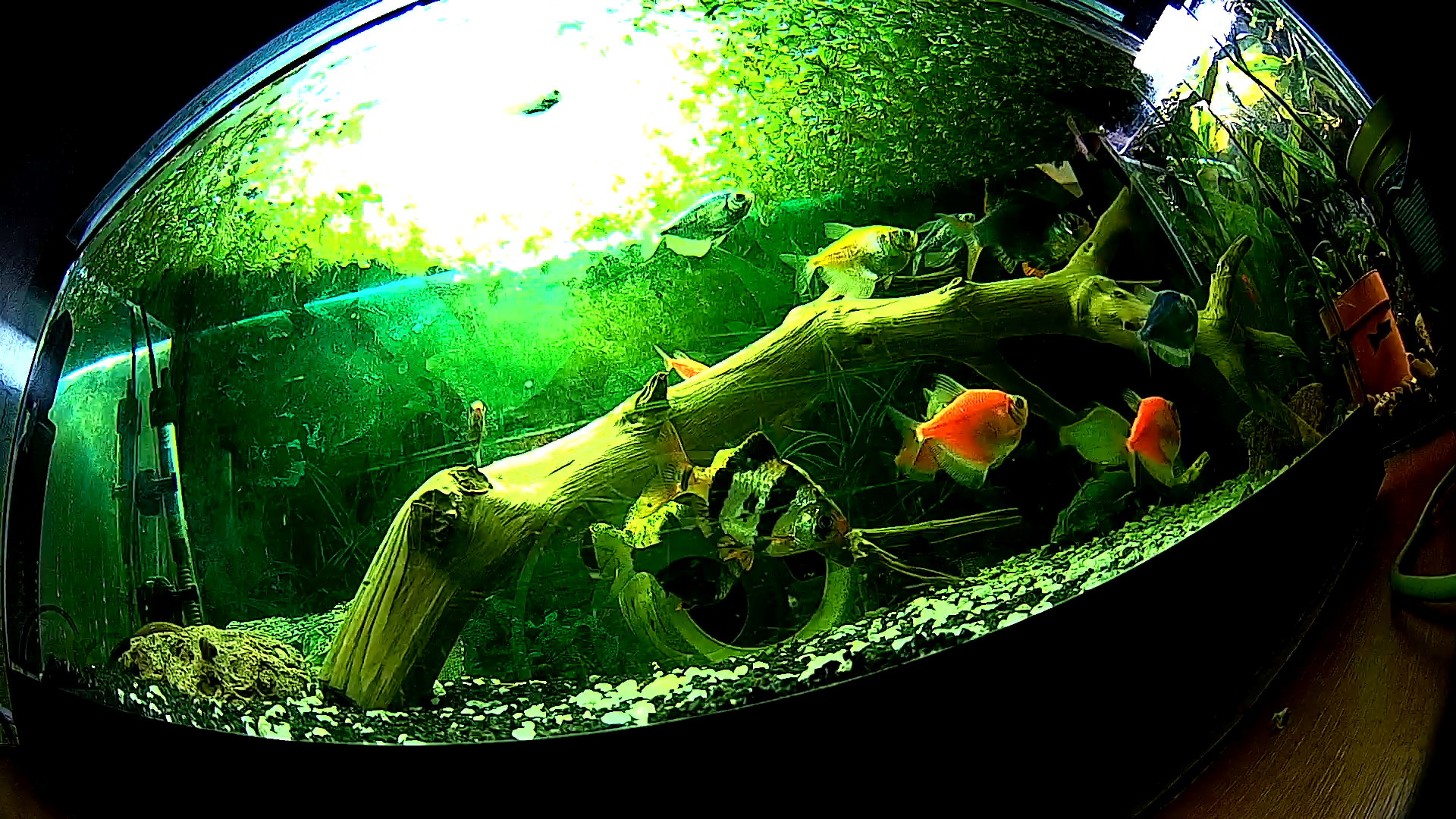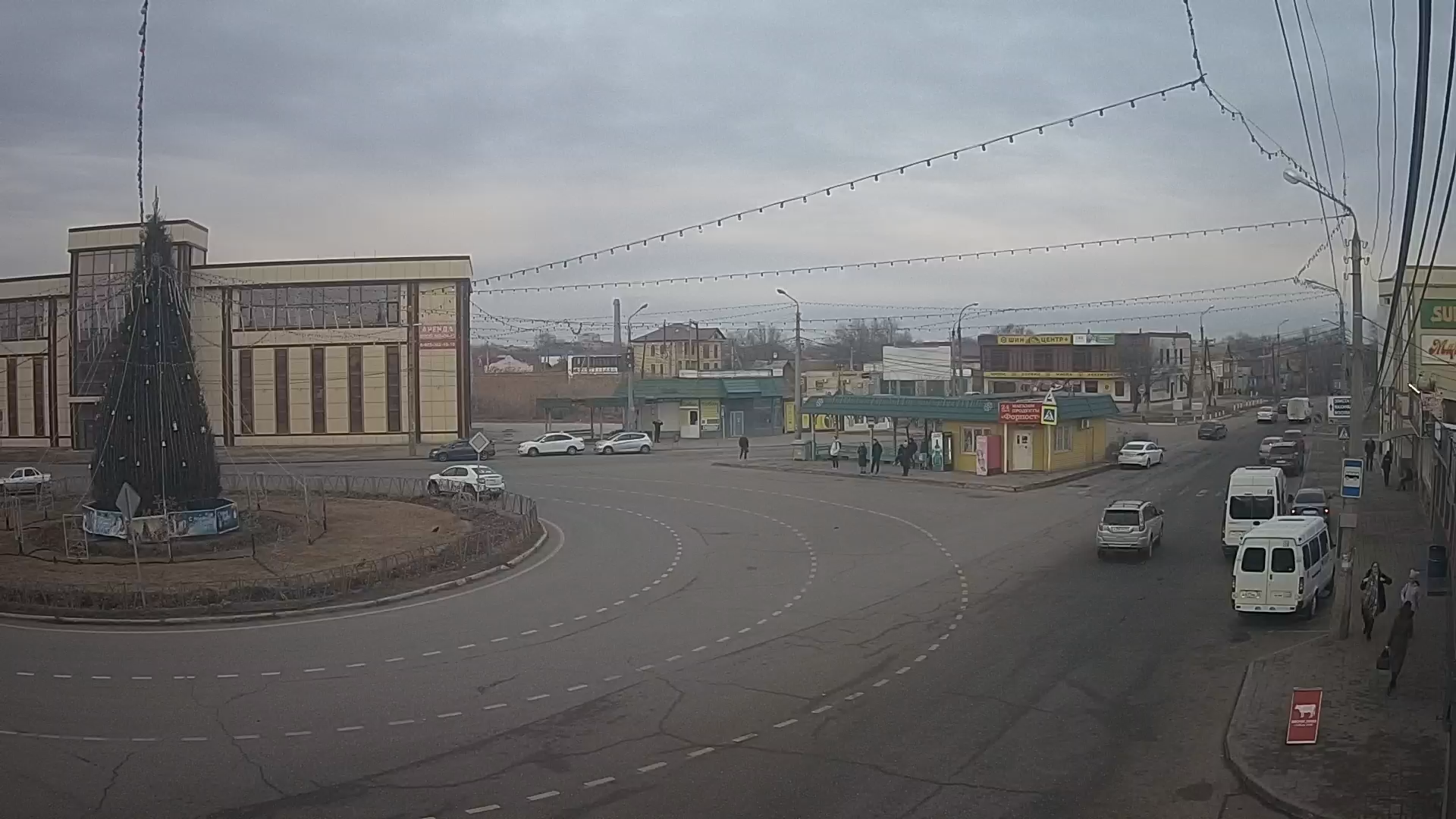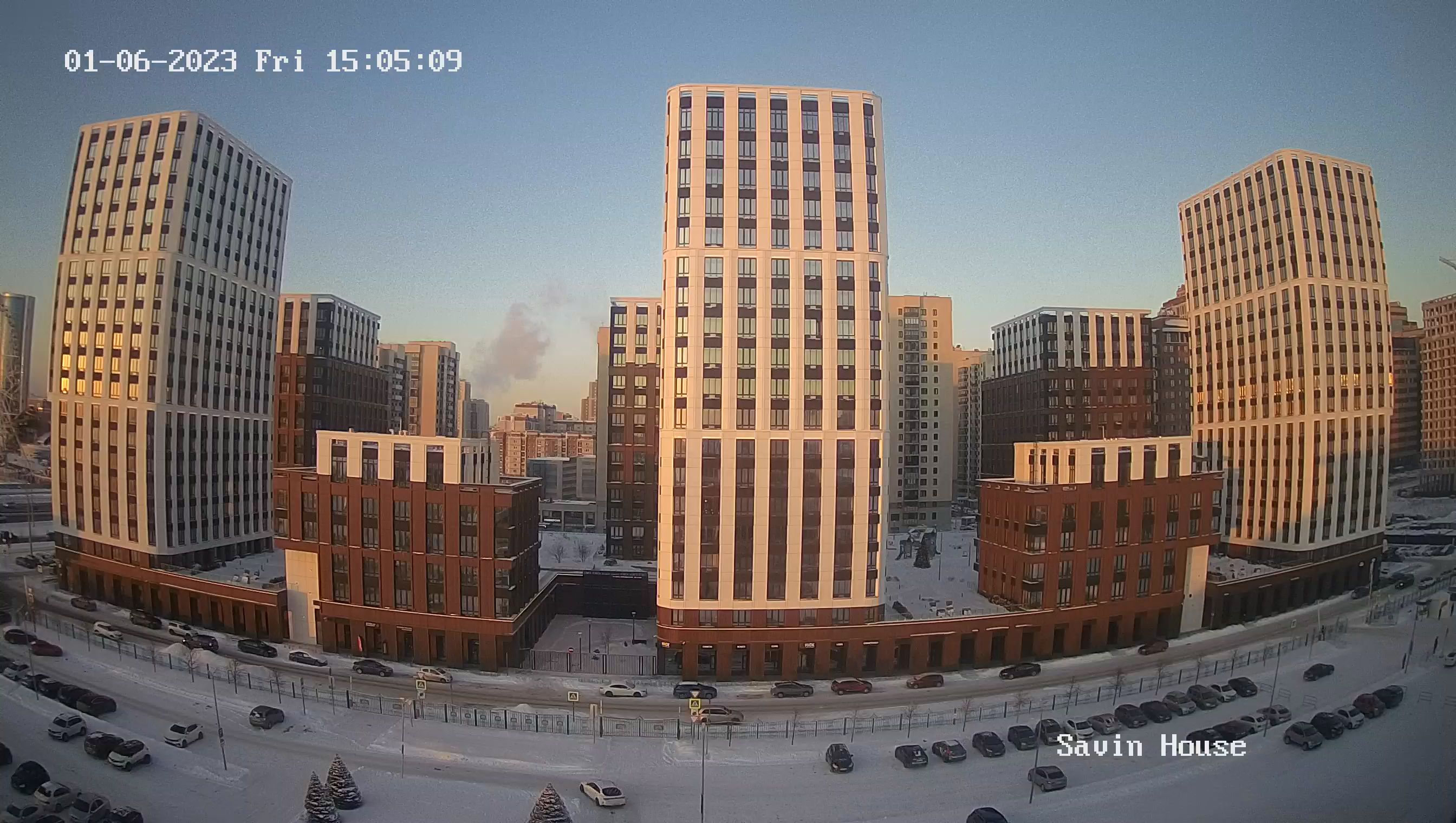Webcam Yambol. Central Square
Near the river Tunca is the town of Yambol, which is located in Bulgaria and is the center of the district of the same name. On the territory of the ancient town are preserved monuments of history and architecture from the past centuries, including the remains of a medieval fortress and church. In the vicinity of the town stands a church in honor of the Bulgarian-Russian commonwealth, bearing the name of Alexander Nevsky.
The townspeople honor their cultural traditions. There is a music school, dance groups, music and puppet theaters, a library with a rich collection, an art gallery and other cultural institutions. The city is the center of industry. Among the numerous enterprises, the "Yambolen" plant, a large producer of chemical fibers, successfully manufactures products. Part of the production is exported to Western Europe and the Middle East.
In the vicinity of the city lies Kabile archaeological reserve. On its lands are the remains of the ancient city - the center of ancient Thrace. There is a museum with unique exhibits. On the shore of the river Tunca stretches Ormana grove. A remarkable place of rest, popular among the citizens, is located just 5 kilometers from the city.
Yambol was founded in 293 under the Roman Emperor Diocletian. Over the centuries, the Eastern Roman Empire and the Bulgarian kingdom struggled for the territory of Yambol. During the Ottoman rule the town was called Yanbolu. In 705, Justinian II gave the city to Bulgaria, but in the middle of the 8th century it was taken by Constantine V. In Byzantine hands the city was for two centuries, starting in 971. In the second half of the 13th century Yambol repeatedly changed its owners.
During the 14th century it was a Bulgarian border town.
At the beginning of the 20th century Yambol was famous for its curative mineral water, baths and horse-drawn streetcars. The historical buildings such as the church of St. George dating back to 1737, the church of St. Nicholas built in 1888, the 15th century Eski mosque and the Bezisten, a covered bazaar built in the 15th century, are preserved to this day.

